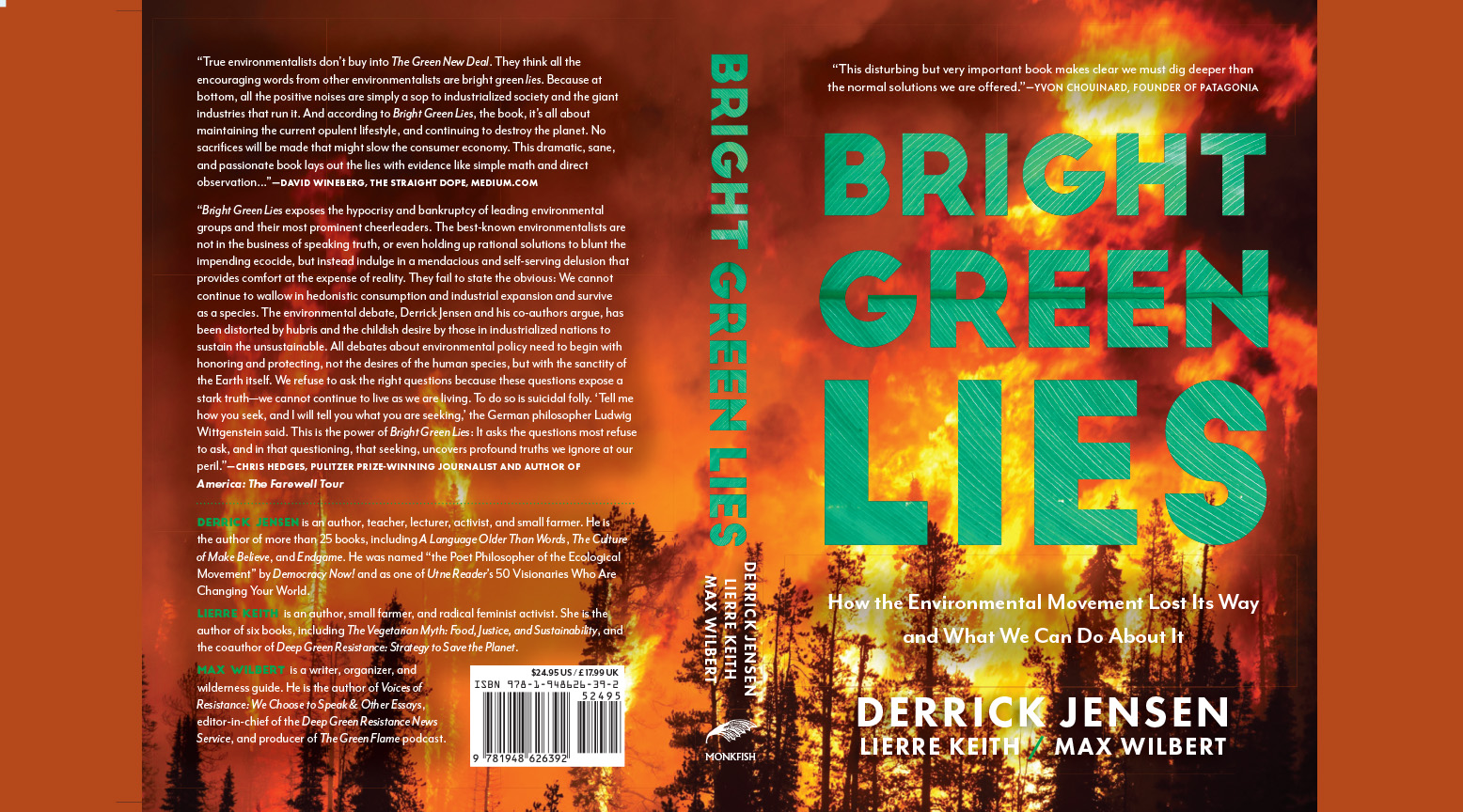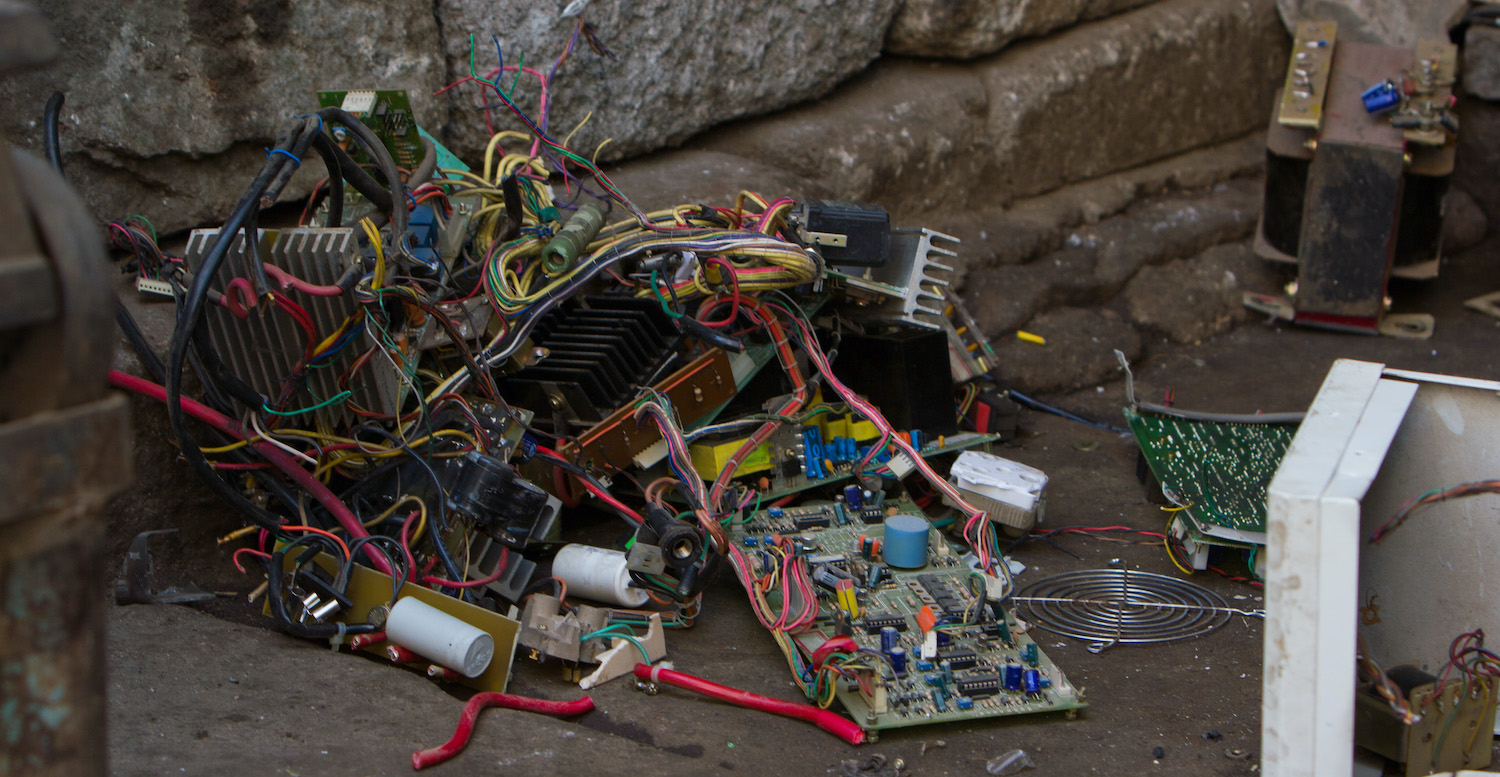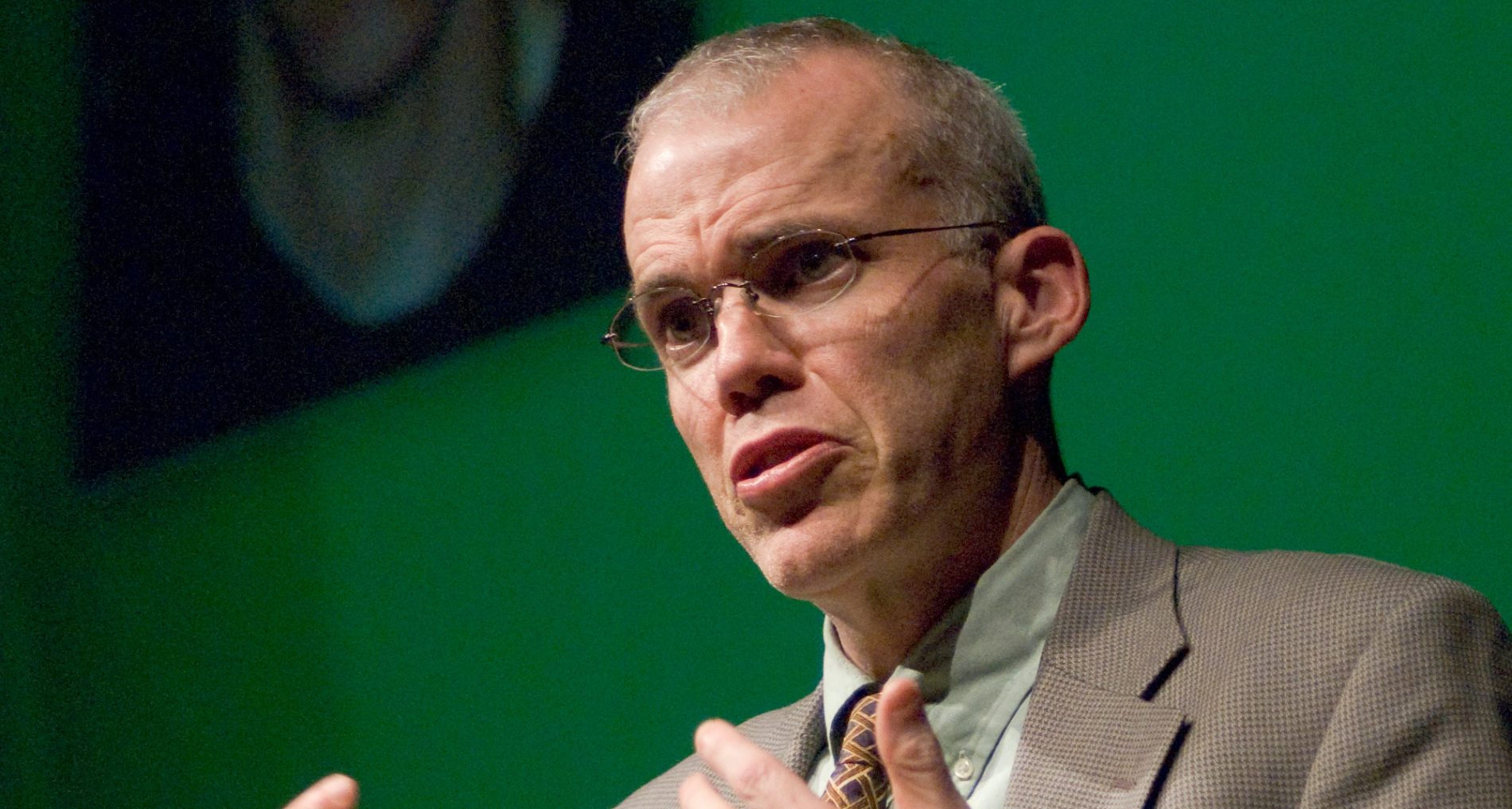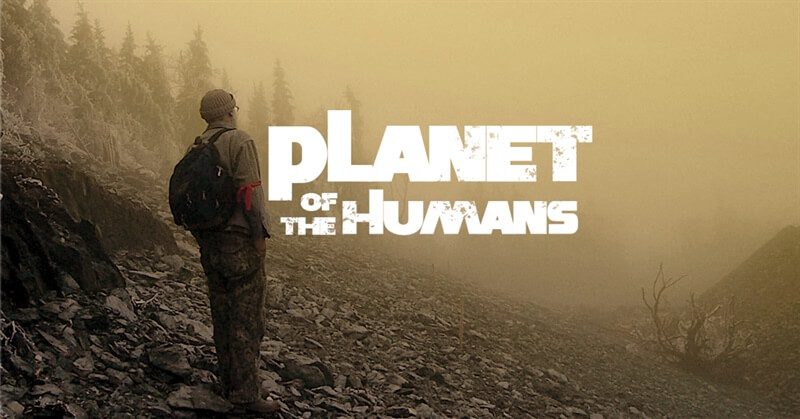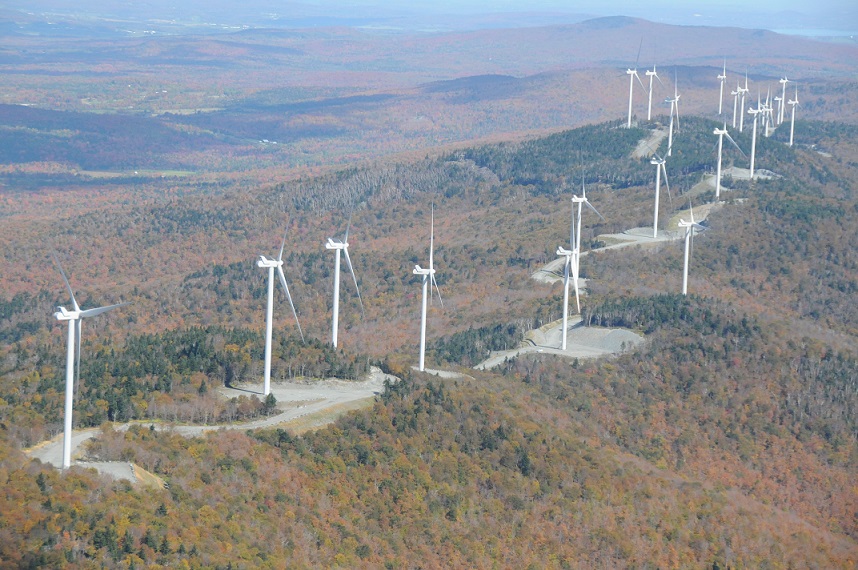Editor’s note: This is the second part of an edited transcript of a talk given at the 2017 Public Interest Environmental Law Conference. Read Part One here. Watch the video here. by Erin Moberg, Ph.D., and Max Wilbert / Deep Green Resistance Eugene A question that a lot of radical environmentalists ask ourselves is, “where is your threshold for resistance?” Particularly given the recent U.S. presidential election, people in so many communities with a lot at stake, with a lot to lose, and not a lot of choice, have been doing much of the harder and riskier work as front-line activists.Latinos are taking action in courts, schools, and town halls. Women of color are taking action, black and brown people are taking action, and indigenous people are taking action. Since the U.S Presidential election it has been good to see other people with less to lose take steps, and sometimes leaps, out of the spaces of privilege they occupy in order to stand up and speak up against injustice–against violations of people of color, of women and girls, of Spanish-speakers, of immigrants, of undocumented people, and so many others. In Eugene, Oregon, I’ve also seen many people new to activism come out to learn about direct action and community organizing, because they want to defend the land they love, but a lot of times don’t know how.This gives me brief moments of hope and yet I’m still terrified, and still very certain that nothing short of a unified global movement of all kinds of people ready to resist and fight back, to protect the land they love, the air we breathe, the water we need, and all of the animals on the planet, will be enough to give us any say at all in how and when this culture collapses.Some of the ramifications of environmental activists and movements dedicating themselves to promoting energy efficiency include strengthening the existing culture, i.e., industrial civilization, by correcting contradictions that stand out between ideals and practices, or policy and practices, within the dominant culture.This also provides an unproductive outlet for activist revolutionary anger that only serves to pacify us and detract us from more materially impactful work that we could be doing as activists. Thinking about the global crises that we are currently facing, including deforestation, peak oil, water drawdown, soil loss, food crises, overfishing, desertification are often framed in the media and in popular and academic discourse as disparate or coincidental issues.We know, however, that all of these crises are interrelated. These are some of the ways in which we can collectively characterize these crises:
...
